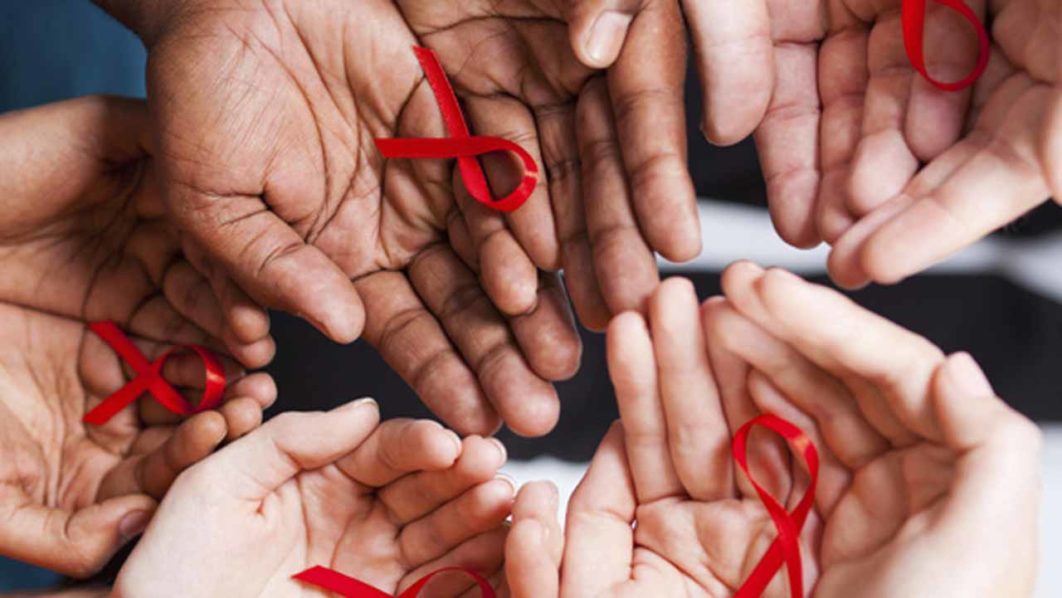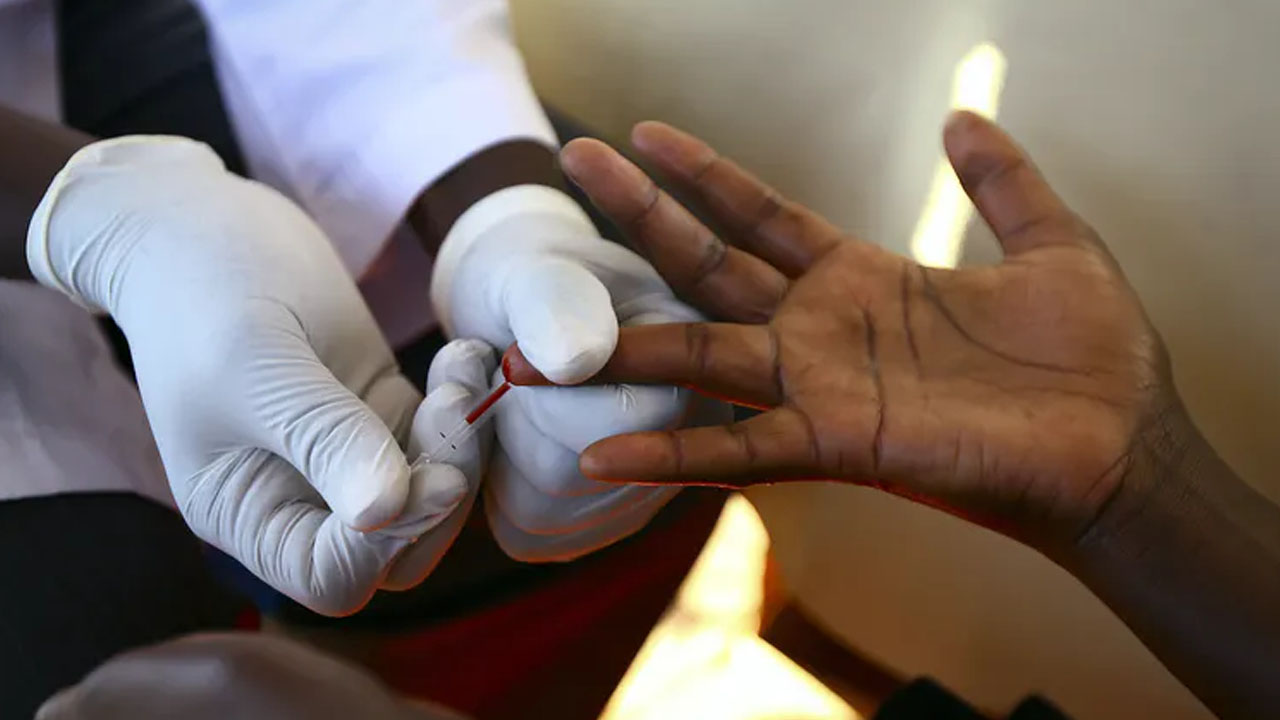
The Joint United Nations Programme on HIV/AIDS (UNAIDS), United Nations Development Programme (UNDP) and the United Nations Office on Drugs and Crime (UNODC) are collaborating with the National Human Rights Commission (NHRC) on a range of human rights issues to enhance the national Human Immuno-deficiency Virus (HIV) and Acquired Immune Deficiency Syndrome (AIDS) response.
The development came to light when UNAIDS Country Director for Nigeria, Dr. Erasmus Morah, paid a courtesy visit to the Executive Secretary of National Human Rights Commission (NHRC) of Nigeria, Mr. Anthony Ojukwu, in the company of Ms. Onyinye Ndubuisi, Gender and Human Rights Analyst of UNDP and a representative of Dr. Martin Ejidike of the UN Office of the High Commissioner for Human Rights.
Morah conveyed the greetings and appreciation from the UNAIDS Executive Director, Ms. Winnie Byanyima, for the bold and commendable work being done by the Commission in monitoring and advocating the human rights of people in Nigeria, especially during early lockdown periods of the Coronavirus disease (COVID-19) pandemic.
Morah took the opportunity to remind NHRC of the long-standing relationship that the field of HIV and UNAIDS have had with human rights and human rights institutions in general. He noted that “HIV became the first global health emergency to be fought based on the principles of human rights as opposed to public health principles alone; and that it is therefore critical for national human rights institutions and UNAIDS to always work closely together in supporting the national response to HIV.”
According to UNAIDS, human rights of persons living with HIV, men who have sex with men, sex workers, injecting drug users and incarcerated people, all constitute a central pillar of the work of the UNAIDS family since its inception 25 years ago. Without addressing the human rights of people and gender inequality, UNAIDS believes that the AIDS epidemic cannot be ended by 2030 as mandated by the UN General Assembly.
The NHRC plays an important role in promoting a comprehensive national response to HIV through monitoring and reporting on the State’s progress in respecting, protecting and fulfilling HIV-related human rights reflected in the Declaration of Commitment on HIV/AIDS, in the Political Declaration on HIV/AIDS and in international human rights treaties.
Since the start of the COVID-19 pandemic, there have been complaints of human rights violations in extra-judicial killings, violation of right to freedom of movement, unlawful arrest and detention, seizure/confiscation of properties, sexual and gender based violence (SGBV), discrimination, torture, inhumane and degrading treatment and extortion across many countries including Nigeria. The UN applauds the initiative of the Commission in collaboration with international partners in developing an App for the electronic monitoring, documentation and reporting mechanisms of human rights violations including Sexual and Gender Based Violence (SGBV).
Speaking at the meeting, the Executive Secretary underlined that NHRC will continue to advocate for protecting and promoting the rights of people. He reaffirmed the commitment of the Commission to continue to work for the advancement of human rights in Nigeria and bring out the positive stories about Nigeria. He added that collaborating with UNAIDS and UNDP, NHRC hopes to contribute to achieve a human rights-based approach in responding to the global outbreak of COVID-19 respecting the rights and dignity of all especially key and vulnerable populations and persons living with HIV.
Ndubuisi highlighted that “The NHRC in Nigeria has had a long history of protecting, promoting and enforcing the rights of citizens across the nation. We cannot have an effective and efficient HIV response in Nigeria without a structural rights-based approach. The National HIV/TB/Malaria response for the country needs an effective legal and human rights framework and roadmap in place. ” Partnering with NHRC will put in place the structural and systemic capacity in place for the needed interventions.
Morah once commended the work of NHRC and emphasised the need to involve Commission more on gender, monitoring and protecting the rights of people in Nigeria.






